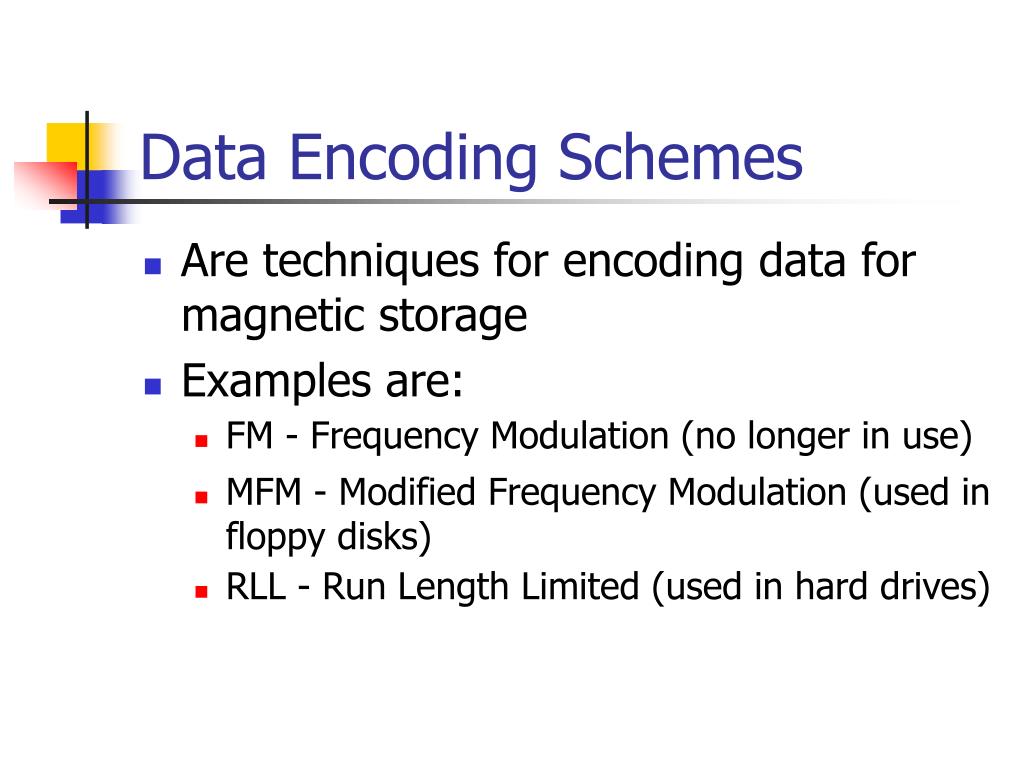

This process requires the direct revealing of information from memory. Recall involves remembering a fact, object, or event that is not physically present.This largely unconscious process is engaged when you recognize faces, remember the answers to multiple-choice test questions, or easily navigate around your neighborhood, for instance. Recognition occurs when a physical object or event brings up a previous memory.There are two main methods for accessing memory: recognition and recall. Memory retrieval, or remembering, involves recalling or re-accessing previously encoded and stored information. The more information is repeated through the neural networks, the more likely it will be stored in long-term memory. Instead, different elements of memory are stored in disparate parts of the brain and linked together by neural networks. Memories aren’t stored neatly in one part of the brain, though. The brain takes encoded information and filters it as either a sensory (very short-term), short-term, or long-term memory. Memory storage involves retaining information in the brain. This crucial first step in creating a new memory involves perceiving something through our senses and having the brain process it into memorable information. When it comes to psychology, the term “encoding” describes how information enters our memory system from sensory input. These include encoding, storage, and retrieval. Researchers have divided the process of creating and recalling memories into three main stages. Although there is still more to discover about this fundamental life process, research has shed light on many aspects of it. Countless experiments have sought to understand and explain the phenomenon of memory formation and recall. What Is Encoding?įor decades, psychologists and researchers have been fascinated by the complexities of the memory process. In fact, research suggests that online therapy can be a cost-effective and impactful method of obtaining treatment for psychiatric comorbidities such as depression and anxiety. If you’re experiencing memory loss at a young age and think it could be due to an underlying mental illness, for instance, online therapy can help you address these concerns.

One study found that this type of therapy can help improve general cognitive functioning in older adults with mild to moderate dementia. For example, people with age-related cognitive changes are often prescribed cognitive stimulation therapy to help maintain their memory.


If you’re noticing changes in your memory, online therapy can help.


 0 kommentar(er)
0 kommentar(er)
